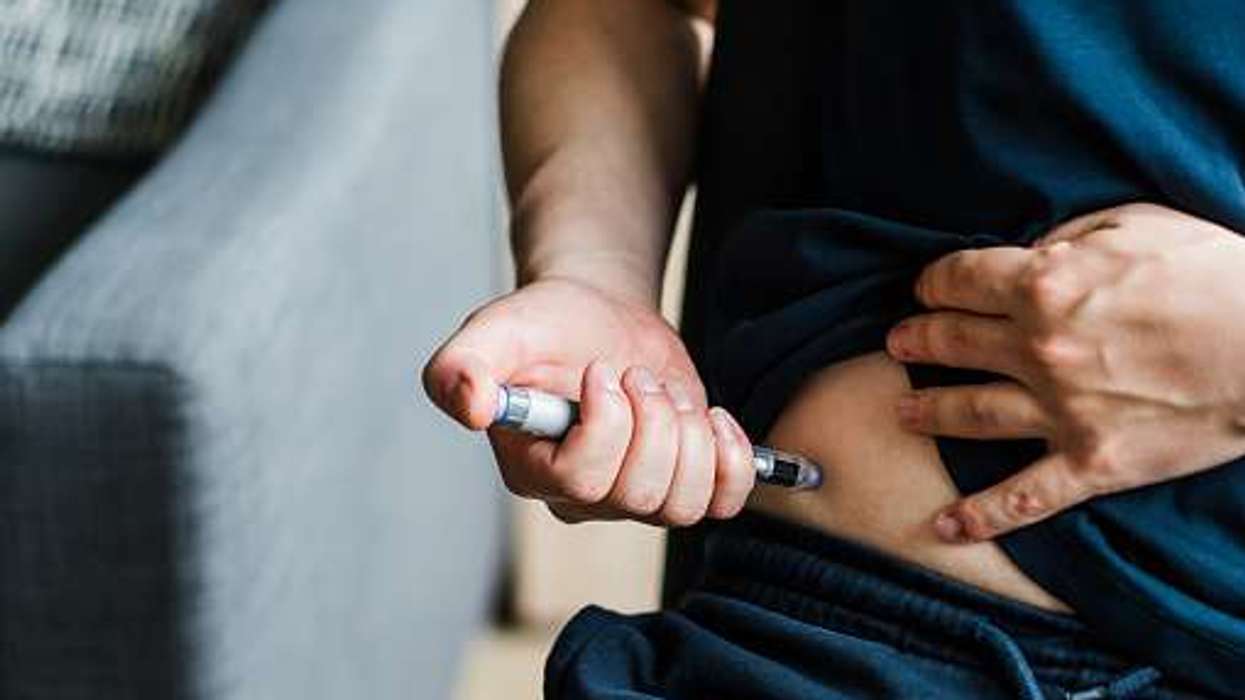New research has shown that chronic pain can be objectively measured using brain signals, a report in The Conversation said.
According to the report, a team of researchers conducted a study using brain implants capable of recording neural signals over an extended period.
Their aim was to identify reliable markers of chronic pain severity in four patients as they went about their daily lives.
While pain is typically a subjective experience, there is still much to discover about how pain signals are processed in the brain.
Previous studies often relied on artificial settings, and the relationship between acute and chronic pain circuits remained unclear.
To investigate this further, the researchers surgically implanted electrodes in the brains of four patients experiencing post-stroke pain and phantom limb pain.
Neural signals were recorded in specific brain regions associated with planning, expectation, and emotion.
The patients were then asked to report their pain severity levels multiple times a day for up to six months.
Machine learning models were developed to analyse the recorded brain activity signals and predict the patients’ self-reported pain intensity scores.
The findings unveiled a significant connection between low-frequency brain activity in the orbitofrontal cortex and the patients’ subjective pain intensities, providing an objective measure of chronic pain.
A greater shift in low-frequency activity indicated more intense pain.
Furthermore, a comparison between chronic pain and acute pain revealed distinct brain regions involved in processing each type of pain. This experiment shed light on the differences in information processing between acute and chronic pain.
Chronic pain affects a substantial portion of the population and has a higher prevalence than conditions like diabetes, high blood pressure, or depression. It poses challenges for effective treatment and can significantly impact both physical and emotional well-being.
Improved understanding of how to measure brain activity to track pain could lead to enhanced diagnosis and the development of novel treatments, such as deep brain stimulation.
While this study offers valuable insights into using specific brain regions as objective measures of chronic pain, there is still much more to uncover.
Pain signals are likely distributed across a wider brain network, and researchers are yet to determine other brain regions that may play vital roles in reflecting subjective pain.
Additionally, it remains uncertain whether the identified signals will apply to other types of pain conditions.
Looking ahead, the researchers aim to leverage these newly discovered neural biomarkers to create personalised brain stimulation approaches for treating chronic pain disorders.
This entails developing algorithms that incorporate the identified signals to govern the timing and location of brain stimulation, similar to how a thermostat operates.











